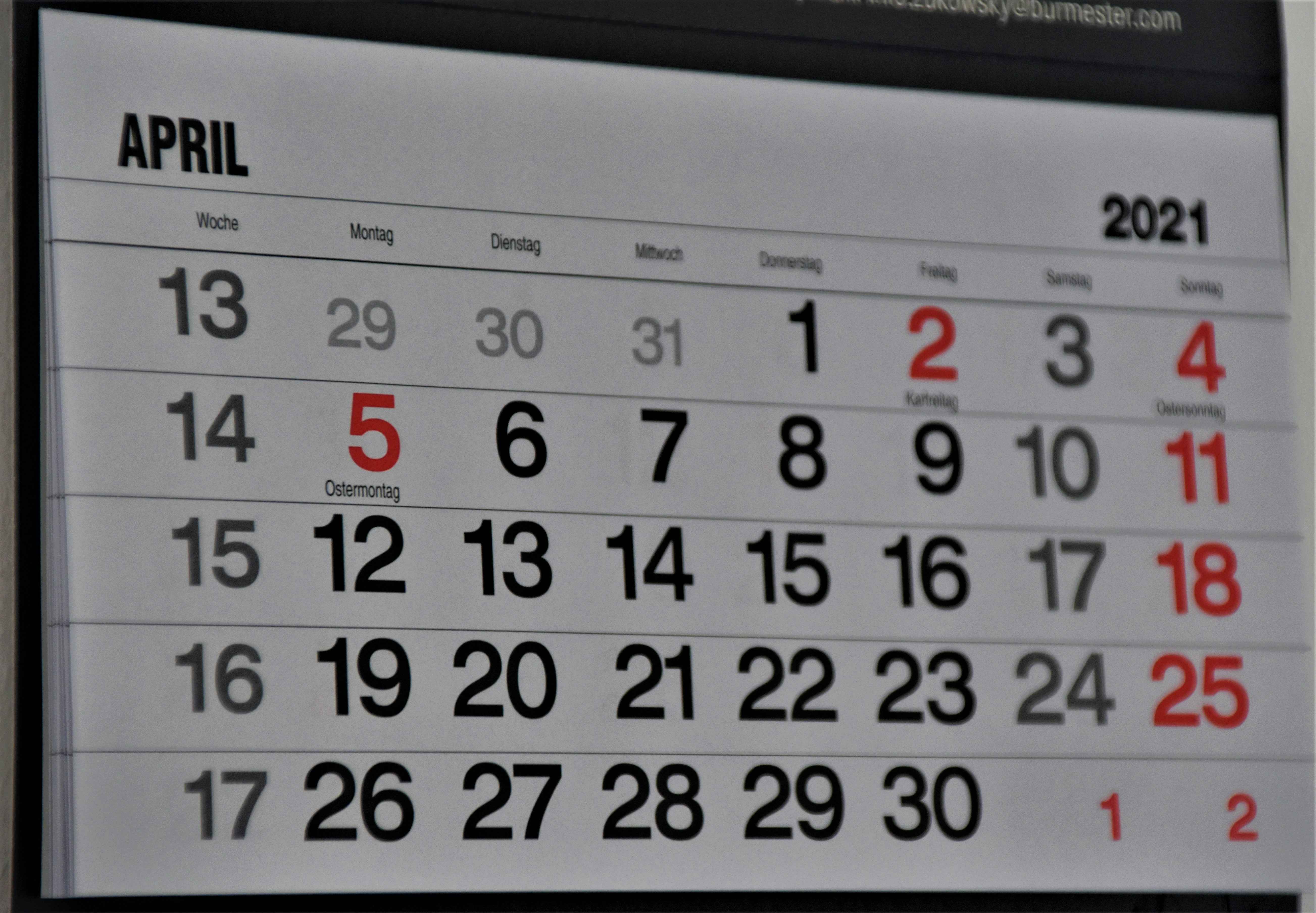
April 1st is a day known for laughter, trickery, and pranks. But for some, the jokes and hoaxes associated with April Fool’s Day can hit a little too close to home. Humor, while a powerful tool for connection and stress relief, can also be a double-edged sword, especially when it involves sensitive topics like mental health. On this annual day of fun and laughter, it’s important to reflect on how humor interacts with mental health and the impact it can have on individuals struggling with anxiety, depression, or other mental health challenges.
In this blog, we’ll explore the relationship between April Fool’s Day, humor, and mental health, offering insights into why it's crucial to be mindful of the jokes we make. We will also discuss how humor can be used as a tool for improving mental well-being when approached with care and respect.
1. The Power of Humor in Mental Health
Humor has long been considered a therapeutic tool for mental health. It can lift spirits, relieve stress, and provide individuals with a way to process difficult emotions. The ability to laugh—even in the face of adversity—can create a sense of connection and help individuals feel less isolated. For people struggling with anxiety or depression, humor can sometimes provide a much-needed respite from the weight of their feelings.
Numerous studies have shown that laughter stimulates the release of endorphins, the body’s natural feel-good chemicals. It can also lower cortisol levels, reducing stress. In fact, laughter therapy (or laughter yoga) is a recognized practice used in many mental health recovery programs to help individuals cope with emotional challenges.
On April Fool's Day, humor becomes the central theme, often leading to playful jokes and harmless pranks. For those who enjoy a good laugh, this day provides an opportunity to embrace lightheartedness and have fun with friends and family.
2. The Risks of Humor When It Comes to Mental Health
While humor can offer therapeutic benefits, it’s important to remember that not all jokes are universally harmless. For those dealing with mental health issues, certain pranks or jokes can be distressing or even harmful.
a. Insensitive Jokes and Stigma
Humor that makes light of mental health struggles can perpetuate harmful stigmas. Jokes about depression, anxiety, or suicide—even if not intended to harm—can make individuals who are struggling feel invalidated or alone. People who live with mental health conditions may already feel misunderstood by society, and when their challenges become the subject of jokes, it can deepen their sense of isolation and shame.
For example, joking about someone “acting crazy” or “losing their mind” because they’re anxious or stressed not only trivializes their experience but also contributes to the ongoing stigma surrounding mental health disorders. It reinforces the idea that mental health struggles are something to be ashamed of, which can discourage people from seeking help.
b. Pranks that Trigger Anxiety
April Fool’s Day pranks are often designed to create surprise, confusion, or mild distress. While these reactions may be fun for some, they can trigger anxiety in individuals who are already vulnerable. For someone with generalized anxiety disorder (GAD) or social anxiety, a seemingly innocent prank can cause a disproportionate amount of stress, worsening their mental state.
In cases of people living with trauma or post-traumatic stress disorder (PTSD), certain types of pranks—especially those that involve surprise or fear—can trigger distressing memories or emotions. Even though April Fool's Day pranks are meant to be lighthearted, it’s important to recognize that for some individuals, even mild surprise can feel overwhelming.
c. Pranks and the Fear of Judgement
Another aspect to consider is that April Fool’s Day pranks often involve tricking people into making them look foolish or causing them embarrassment. For someone with low self-esteem or social anxiety, being the target of a prank can trigger feelings of shame, humiliation, or self-doubt. This can be especially damaging for someone already struggling with their mental health, as it may reinforce their negative self-perceptions.
3. Navigating Humor on April Fool's Day with Mental Health in Mind
To ensure that April Fool’s Day remains a day of fun and laughter for everyone—without inadvertently causing harm—it's essential to approach humor with mindfulness and respect. Here are some tips for navigating April Fool’s Day with mental health in mind:
a. Avoid Mental Health Jokes
It’s best to avoid making jokes or pranks that directly reference mental health conditions. Jokes that trivialize anxiety, depression, or other mental health issues can contribute to stigma and cause harm to those who are struggling. If you’re unsure whether a joke might be offensive, err on the side of caution and choose something else.
b. Focus on Lighthearted and Inclusive Humor
Humor that is inclusive and lighthearted—without targeting or embarrassing anyone—can be a great way to share laughter without harm. Simple pranks like harmless practical jokes or funny surprises that don’t involve personal or sensitive topics are more likely to create positive memories without any negative consequences.
c. Be Considerate of Others' Boundaries
One of the most important aspects of humor—especially on a day like April Fool’s—is considering how the person on the receiving end of the joke might feel. Before pranking or joking with someone, take a moment to consider whether they are in a good space for humor or if they might be struggling with their mental health. If someone has expressed anxiety or stress in the past, it might be best to skip the prank altogether.
d. Create an Opportunity for Mental Health Awareness
Instead of perpetuating harmful jokes, consider using April Fool’s Day as an opportunity to raise awareness about mental health. Share articles, statistics, or resources that educate others on the importance of mental well-being and encourage people to support those who are struggling. A well-timed message promoting kindness and empathy can have a much more lasting and positive impact than any prank.
4. The Role of Humor in Promoting Mental Health
Humor, when used responsibly, can be a powerful tool in promoting mental well-being. By focusing on positive humor that uplifts rather than undermines, we can create spaces where people feel comfortable talking about their mental health. Humor can help normalize conversations around mental health, reduce stigma, and encourage individuals to seek the help they need.
For example, mental health advocates and organizations like Beyond Blue and Headspace often use humor to engage people in important conversations about mental health. They may share funny videos, memes, or stories that highlight the importance of seeking support and prioritizing well-being.
5. Conclusion: Be Mindful and Spread Positivity
April Fool’s Day can be a day of laughter and joy, but it’s essential to remember that humor can have a profound impact on people’s mental health. While a prank or joke might seem harmless to some, it can have negative consequences for others, particularly those living with mental health conditions. By choosing sensitive humor and respectful pranks, we can ensure that April Fool’s Day remains a time for fun, connection, and laughter, without causing harm to others.
This April Fool’s Day, let’s all strive to use humor in a way that promotes mental health awareness, fosters understanding, and creates positive, inclusive spaces where everyone can laugh and feel supported.
Asif Bc
Aspiring blogger in Kerala sharing insights on technology and mental health to inspire mindful living.


_11zon.jpg)

0 Comments